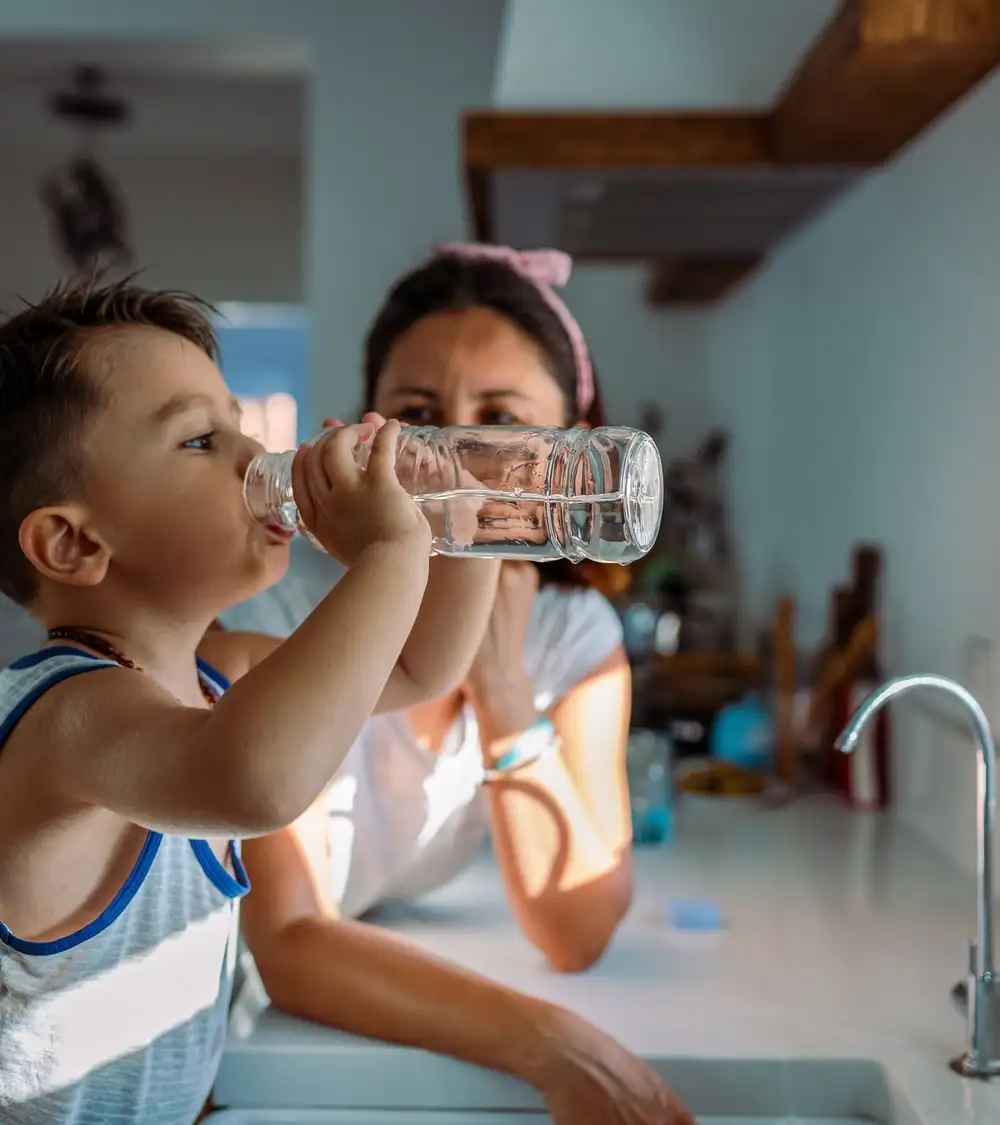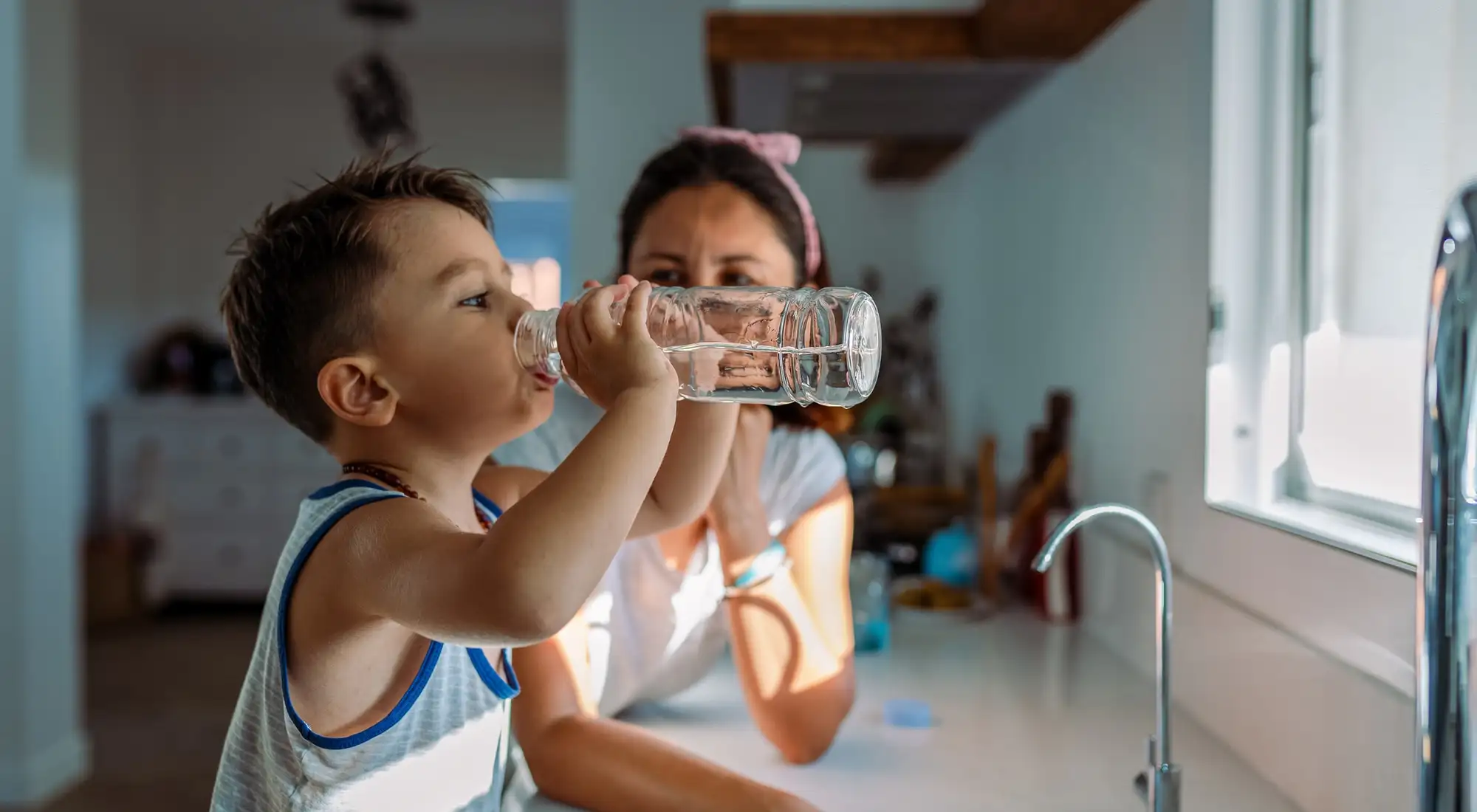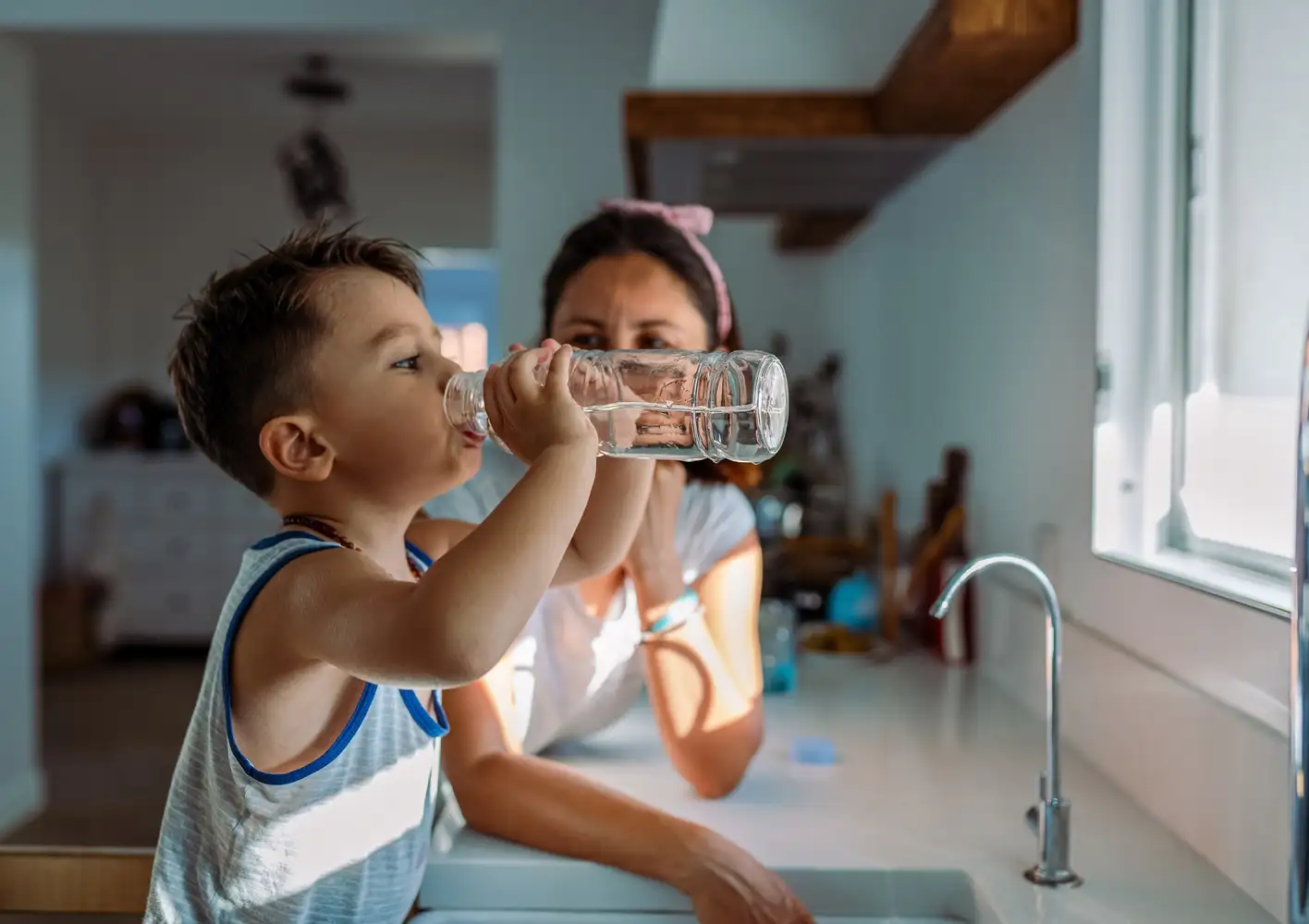Tareka ā-utu o te whakahoutanga wai
-
Water services



For many years, local government has been calling for water services reform to help address historic underinvestment and mounting future costs.
The previous Labour Government’s reform proposed shifting water services delivery and assets to new multi-regional entities that would have greater borrowing capacity than councils.
However, this model has received its share of criticism and looks set to be repealed.
While councils have a range of views on the best model, there is near universal agreement that the status quo can’t remain. Broad system failure has created longstanding issues that will worsen as climate change and extreme weather events put aging infrastructure under more pressure. Every year, 35,000 people in New Zealand get sick from drinking water that does not meet international standards.
Wherever the model for reform ends up, it must connect councils with communities. LGNZ will continue to work hard to ensure that councils and communities have meaningful input into this process.
Our work to date
The timeline below summarises activity to date.
February 2025
We submitted on the Local Government (Water Services) Bill.
Read our submission: Local Government (Water Services) Bill
June 2024
Local government agrees that how we deliver water services (drinking, wastewater and stormwater) to New Zealanders must improve. We provided a submission on the Local Government (Water Services Preliminary Arrangements) Bill.
Read our submission: Local Government (Water Services Preliminary Arrangements) Bill
February 2023
The Water Services Legislation Bill and the Water Services Economic Efficiency and Consumer Protection Bill were considered by the Finance and Expenditure Select Committee (and later that year passed into law). We provided a submission, highlighting our concerns with both Bills and how they needed to be improved.
June 2022
The Water Services Entities Bill was introduced to Parliament. We submitted on the Bill outlining our concerns.
Read our submission: Water Services Entities Bill
March 2022
The independent Governance, Representation and Accountability Working Group Report was issued. It made 47 recommendations on the original proposal, nearly all of which were accepted by the then Minister.